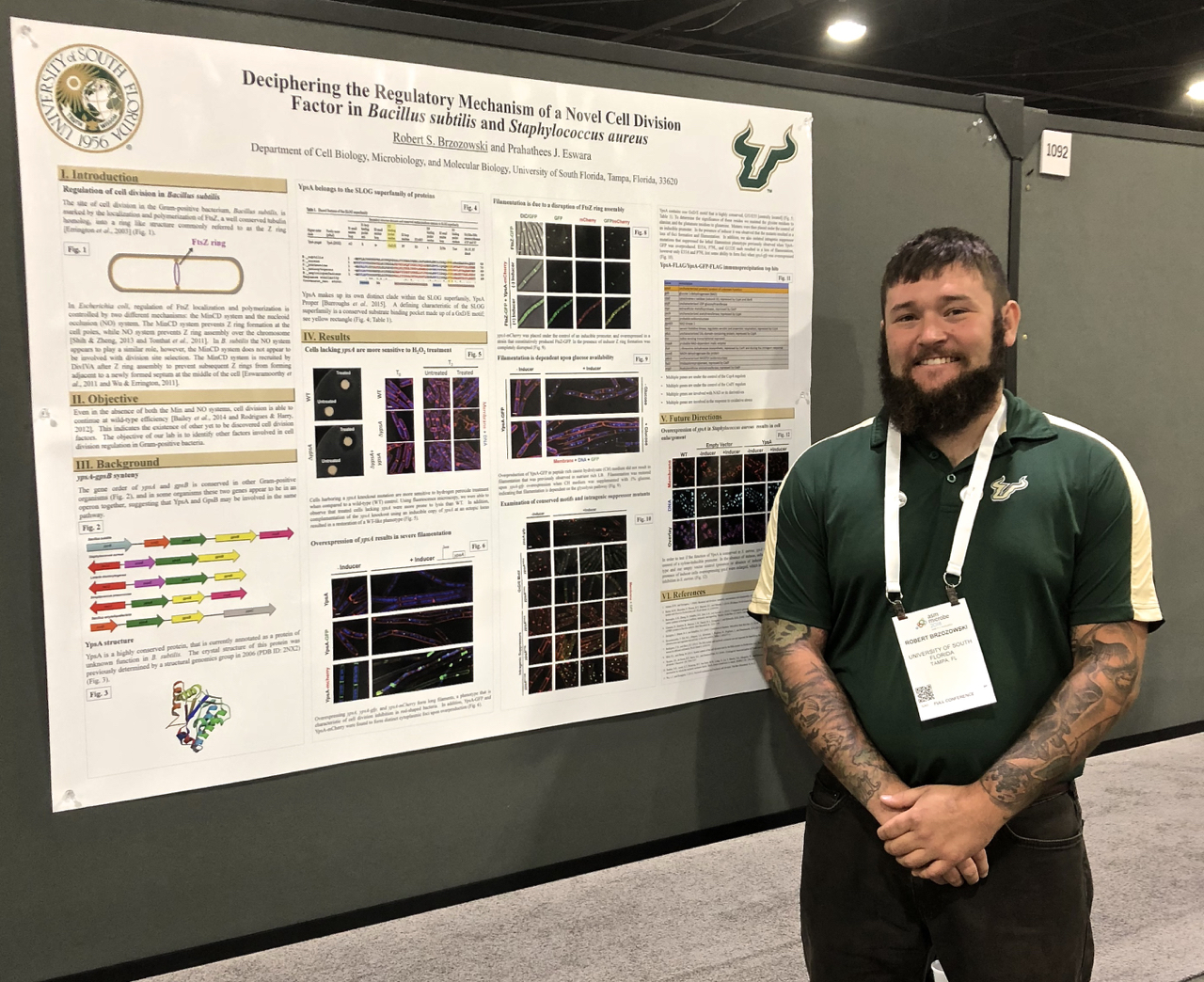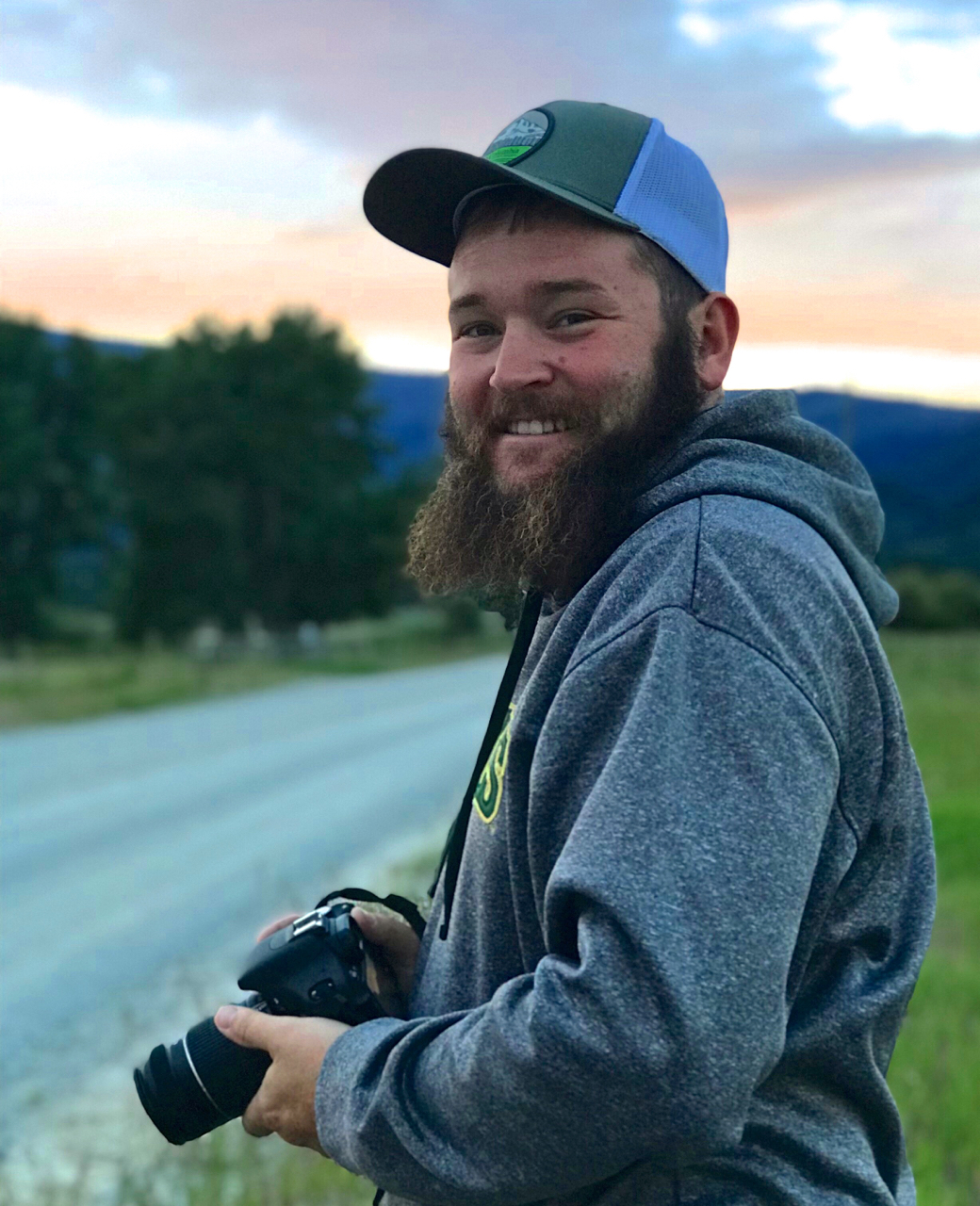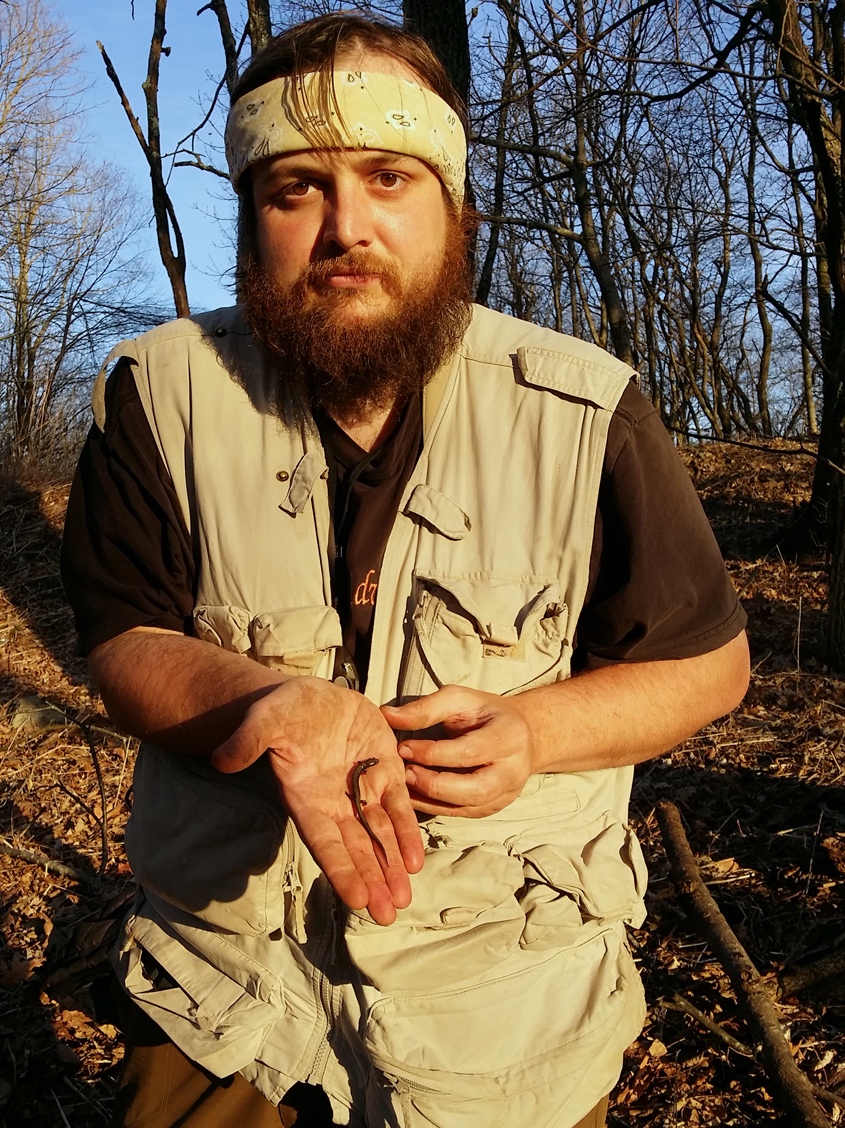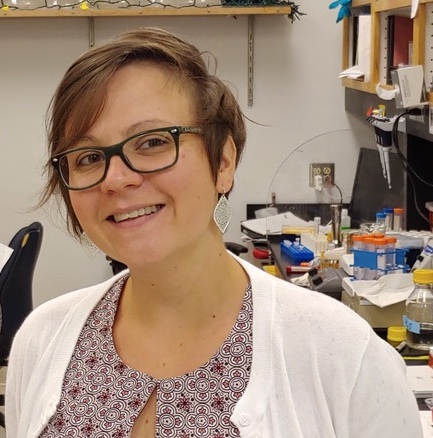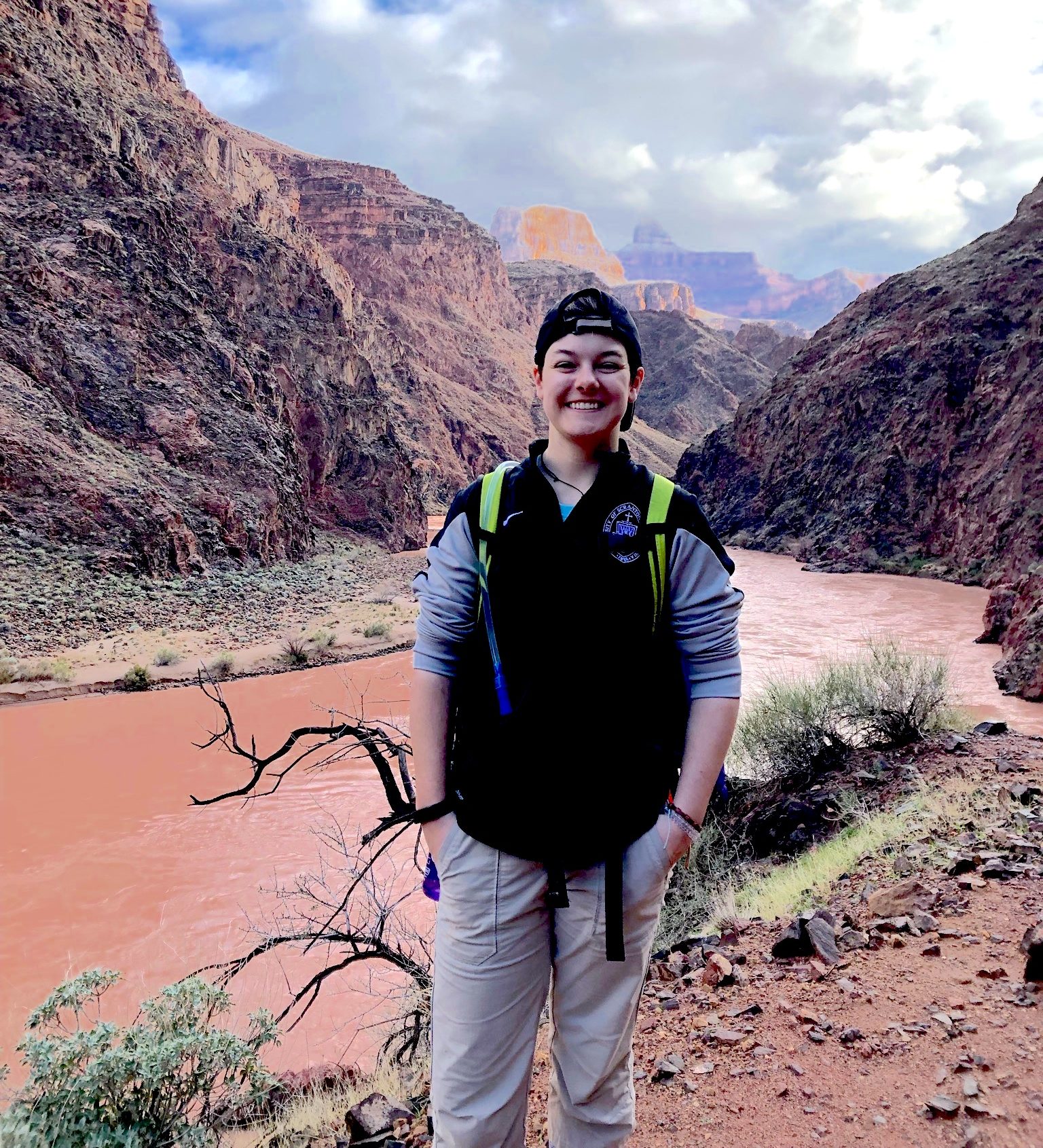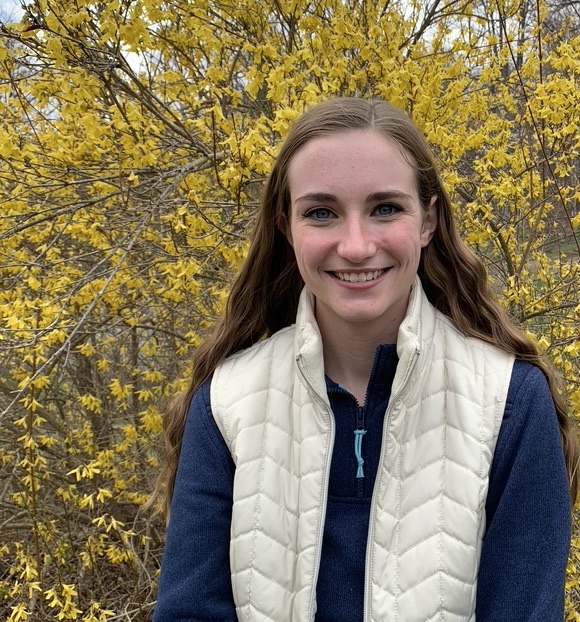Hello, I am T.J. Zenzal, I grew up in Justus, PA (15 minutes outside of Scranton) and graduated from the University of Scranton in 2008 with B.Sc. in Environmental Science and a minor in Philosophy.
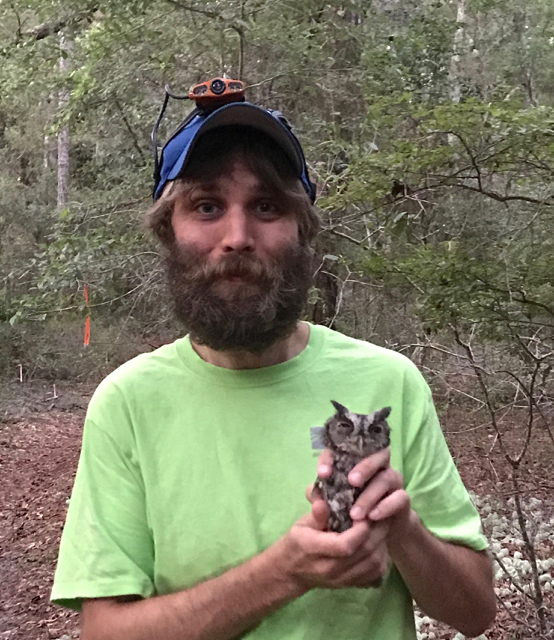
As an undergraduate at the University of Scranton, I had the opportunity to participate in the Faculty-Student Research Program, which allowed me to work closely with faculty of the Biology department studying avian ecology.
Through this program, I learned the skills I needed to be competitive for an internship as an avian field technician working with breeding birds in the Missouri Ozarks. After graduation, I worked similar technician positions in Mississippi, Louisiana, and New Hampshire, before starting a M.Sc. program at the University of Southern Mississippi. During my M.Sc. program, I decided ecological research is my passion and soon after switched to a Ph.D. program. My Ph.D. research focused on the migration biology of Ruby-throated Hummingbirds before they negotiate crossing the Gulf of Mexico (~1,000 km non-stop flight). Part of my project included using cutting edge technologies to study the behavior of the smallest migratory bird in eastern North America, including being the first person to use radio transmitters on hummingbirds in the Unites States. While in graduate school I had the opportunity to travel to Costa Rica, Sweden, and Alaska to study avian ecology, not to mention national and international conferences where I presented my research findings.
After graduating with my Ph.D in 2016, I found funding for a post-doctoral position working with both the University of Southern Mississippi and University of Delaware. This position allowed me to study radar ornithology, the use of weather surveillance radar to study bird distributions and movements. After a year, I accepted another post-doctoral position with the University of Illinois to study migratory shorebird use of agricultural fields participating in a drainage management program. Shortly after, I received ~$1.5 million in grant funding, which was part of the BP Oil Spill settlement, to study bird migration along the Gulf of Mexico coast as a Research Scientist with the University of Southern Mississippi. In 2019, I accepted a position as a Research Ecologist with the United States Geological Survey, an agency within the U.S. Department of the Interior that works to meet the research needs of partner organizations (e.g., U.S. Fish and Wildlife, state wildlife agencies). In my current position with the USGS, I use a variety of field and technological methods to understand the response of wildlife to ecological (e.g., severe weather, climate change) and anthropogenic (e.g., urbanization, habitat restoration) factors across the Gulf of Mexico region. By working with land management and conservation partners, my research directly benefits wildlife species and their habitats.
While a variety of experiences have shaped my career path, the University of Scranton provided the inspiration for my future and the foundation needed for me to succeed. The concepts and techniques I learned in courses, such as Conservation Biology and Ecology, are directly relevant to the work I do today. This is especially true of research opportunities outside the classroom, which provided me with a skillset that I will continue to use over the rest of my career. Additionally, the small class sizes allowed meaningful interactions with faculty, which, based on my experience, would be more difficult at a larger university. In fact, being able to regularly interact with faculty in the Biology Department has allowed me to continue working with members of the Department on new and exciting research projects.



